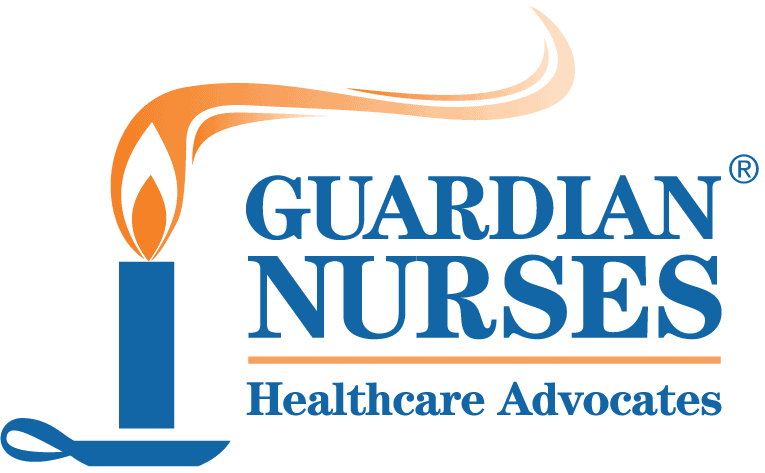Can a grateful heart enhance your health? A growing body of research says, "Yes." Gratitude, as a conscious practice, offers a whole host of health benefits.
Gratitude promotes physical and emotional well-being, improves one's ability to cope with stress and bolsters positive interaction with others. Furthermore, research shows grateful individuals report having more energy and less physical complaints than their non-grateful counterparts.
Positive emotions enhance heart health by interrupting the stress response caused by negative emotions. In short, the practice of gratitude offers a method for a more harmonious life.
So, how do we choose gratitude? And, is it ok to "fake it"? Sure, go ahead. Our emotions follow our thoughts; we can "act as if" we feel gratitude by concentrating our thoughts on things we are truly grateful for. In time, the real feeling of gratitude will follow. As days turn into months, a shift in our thinking will occur, leaving us more content because we are focusing on the goodness in our life. And, typically, what we focus on becomes our reality.
Here are a few tips to get started:
- Set aside a little bit of time each day. If you're a morning person, give yourself 5 minutes after you get dressed to focus on gratitude. Night time works well for some – a few minutes at the end of the day to think about gratitude. Any time of day will do, just try to keep it consistent.
- Get a small notebook to record your gratitude thoughts. Writing your thoughts down helps them to stick. Writing also is a reflective activity; we have to think about it.
- Make a short list (3 – 5 items) of things you are grateful for. Little things count – a lot. It can be something as every day as "I'm grateful for warm gloves," or "I'm grateful for my glass of hot cocoa with marshmallows," or "I'm grateful for knowing the sun is shining above these gray winter clouds."
The results of one study done on keepers of gratitude journals indicated that daily gratitude exercises resulted in higher reported levels of alertness, enthusiasm, determination, optimism and energy. Additionally, the gratitude group experienced less depression and stress, was more likely to help others, exercised more regularly and made more progress toward personal goals. According to the findings, people who feel grateful are also more likely to feel loved. The researchers also noted that gratitude encouraged a positive cycle of reciprocal kindness among people since one act of gratitude encourages another.
So, in a way, I guess my mom was ahead of her time when she would say to me "Count your blessings." She just forgot to mention the journaling part. Once again….sigh…my mom was right.
